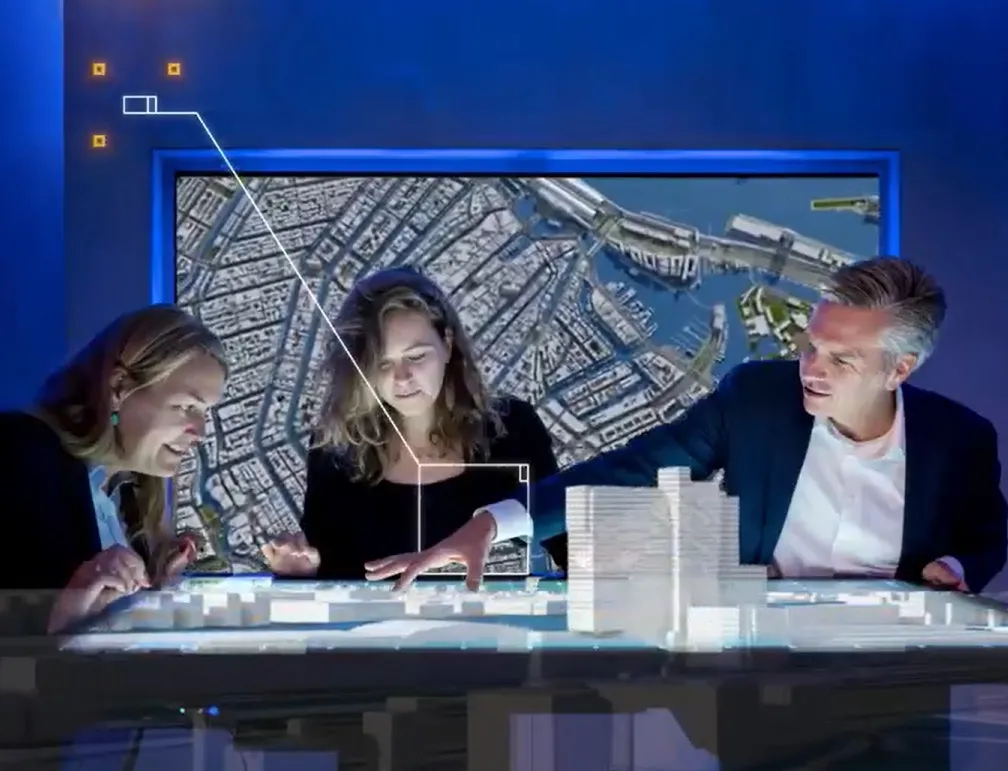
Dutch research and innovation organisation TNO has launched a spin-off which uses digital twins to improve urban planning, including transportation.
New firm Scenexus is supported by an investment of €1.6 million from venture capitalist Lumo Labs.
Its software platform enables municipalities "to assess the impact of urban change up to 1,000 times faster".
The Software as a Service solution creates digital twins of cities and regions to help with planning as well as improving responses to urgent challenges such as traffic congestion and air quality, highlighting issues like liveability and greenhouse gas emissions.
"Our vision is to empower cities globally with our digital twin technology, enabling them to anticipate and shape the future of urban development, ensuring sustainable and vibrant communities for generations to come," says Jeroen Borst, co-founder and CEO of Scenexus.
"With Lumo Labs and TNO, we have the additional capital, expertise and support we need for our next steps to turn this vision into reality."
Clients will be able to "execute exponentially more projects per year by reducing the time needed to plan and develop new, effective urban concepts", Scenexus says.
"Successful and sustainable digitalisation requires the combined and continued impact of multiple cross-sector systemic innovations beyond the individual user,’ says Andy Lürling, Lumo founding partner.
"With Scenexus, cities directly save time, money, and effort, and uncover unforeseen challenges before they arise. At the same time, it enables lasting improvement of the city’s livability and safety, and the well-being of residents and visitors."
"TNO's mission is to develop groundbreaking technologies that address the most pressing societal challenges," explains Tjark Tjin-A-Tsoi, CEO of TNO. "As part of our strategy, we play an active role in nurturing and strengthening spin-offs and deep-tech start-ups, guiding them towards rapid growth and meaningful impact."










